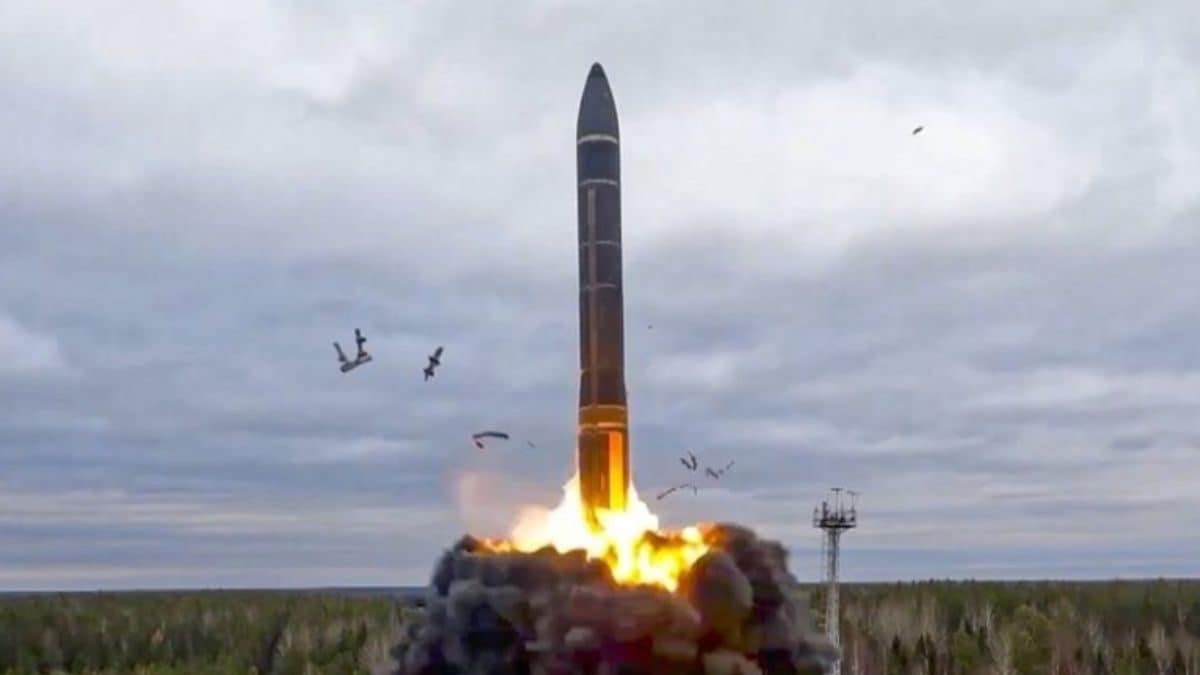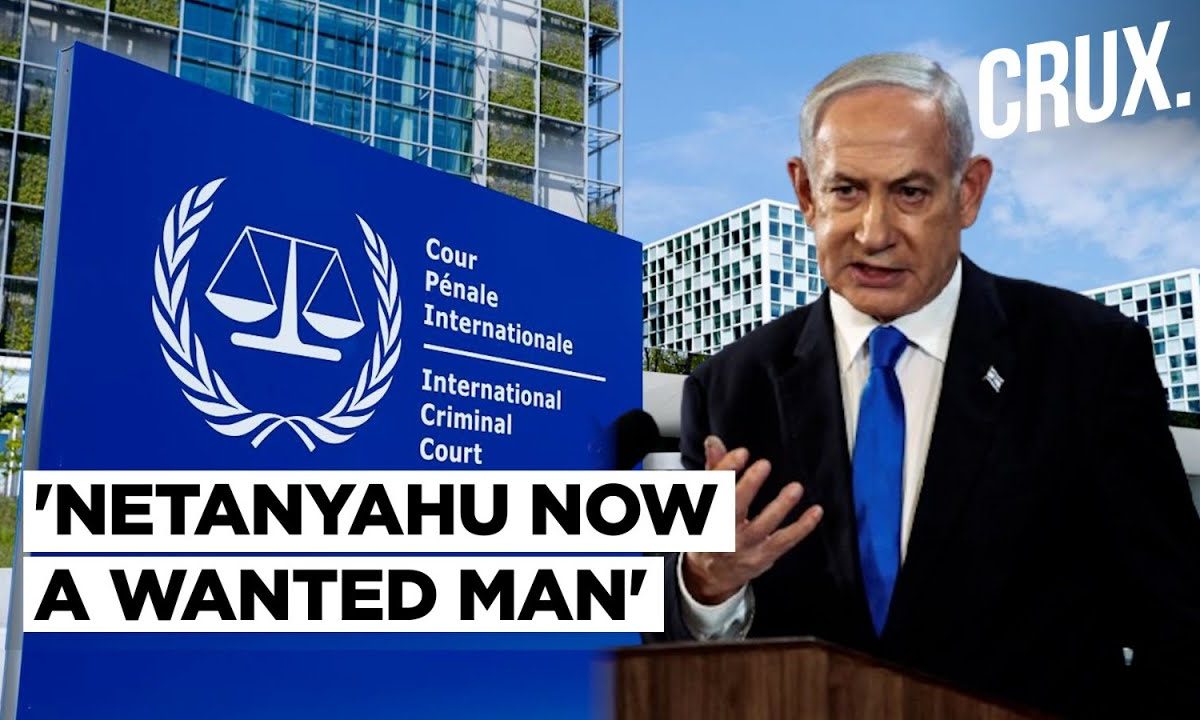Iran launched a major missile strike that targeted sites across Israel, an escalation that risks a wider war in West Asia. Israelis headed for bomb shelters, air-raid sirens blared, and explosions could be heard above Tel Aviv.
The missile attack comes after Israel killed Hezbollah leader Hassan Nasrallah and sent troops into Lebanon, saying it sought to drive the Shia Islamist militant group back from the border.
Biden tells US troops to shoot down missiles aimed at Israel
US President Biden directed his country’s military to shoot down the missiles targeting Israel, the White House told reporters.
“Currently, there are no reports of injuries from the fire towards Israel, except for two light injuries from shrapnel in the Tel Aviv area and some minor injuries nationwide while moving to safe spaces,” a statement from Israeli emergency services said.
Air traffic was halted at Israel’s Ben Gurion airport and the country closed its airspace and diverted flights, a spokesman from the airport authority said. The aviation authorities in Jordan and Iraq also announced the suspension of air traffic.
Iran threatens ‘crushing response’ if Israel hits back
Iran promised a “crushing response” if Israel retaliates “or commits further acts of malevolence.” Analysts said Iran was likely seeking to look tough but not provoke a broad retaliation.
Observers say Iran could ask the Houthis and other groups to step up their attacks on both Israel and US bases in the region. But whatever response it chooses, it will likely calibrate it to be just short of triggering a regional war that would draw in the US and which it could not win.
Israelis were told it was safe to leave shelters. Paramedics were searching sites where there were reports of rocket strikes.
At least six Israelis were killed in a shooting near the light rail in Jaffa shortly before the missile attack began. Two gunmen were “neutralised,” police said.
White House warning of Iran’s comeback to Nasrallah killing
Earlier, White House and US Defense Department officials said Iran was preparing to launch a ballistic missile attack at Israel after its invasion of southern Lebanon.
Israel earlier began its invasion of southern Lebanon, launching what it calls a “limited, localised and targeted” ground operation aimed at pushing Hezbollah forces farther away from the border.
It follows weeks of escalating conflict with the Iran-backed militant group, which is reeling from the killing of its powerful leader Hassan Nasrallah.
Intense Israeli strikes have killed more than 1,000 people and displaced as many as 1 million in recent weeks, Lebanese officials say.
PM Modi urged Netanyahu to prevent regional escalation
Prime Minister Narendra Modi on Monday reiterated India’s opposition to terrorism and simultaneously urged his Israeli counterpart Benjamin Netanyahu to prevent regional escalation, saying New Delhi will support an early restoration of peace in West Asia.
Modi made the remarks during a phone conversation with Netanyahu that focused on the latest developments in West Asia.
Who is saying what
Iran’s mission to the United Nations issued a warning shortly after the attack on Israel began Tuesday.
“Should the Zionist regime dare to respond or commit further acts of malevolence, a subsequent and crushing response will ensue,” the mission said in a post on social media site X.
After Iran’s attack, UN Secretary-General Antonio Guterres condemned the “broadening conflict in the Middle East”.
US Secretary of Defense Lloyd Austin has told his Israeli counterpart Yoav Gallant that Washington had “increased force readiness” in the region in anticipation of the Iranian attack.
The call appeared to have taken place before Iran launched hundreds of missiles towards Israel.
“The Secretary and Minister Gallant discussed the severe consequences for Iran in the event Iran chooses to launch a direct military attack against Israel,” the Pentagon statement said.
Israeli military spokesperson Daniel Hagari held a televised address. In it, he said the Israeli military is “fully prepared to defend and retaliate” to the Iranian attack, stressing that it would be in a “timely manner”.
Israel’s action against Hezbollah
Israel has inflicted huge damage on Hezbollah in recent weeks, killing more than a dozen top commanders and apparently destroying thousands of weapons in air strikes. It was also blamed for the exploding pager and walkie-talkie attacks that left thousands of Hezbollah members maimed, blinded or killed. Analysts say the killing of Hassan Nasrallah in an air strike on Beirut’s southern suburbs on Friday is the biggest blow of all.
Despite the earlier US attempts to rein in the Israeli leader and coax Hezbollah to a truce, Benjamin Netanyahu has signalled strongly that he will act as he sees fit, whatever the pressure from Washington.
(With inputs from agencies)

 1 month ago
1 month ago













